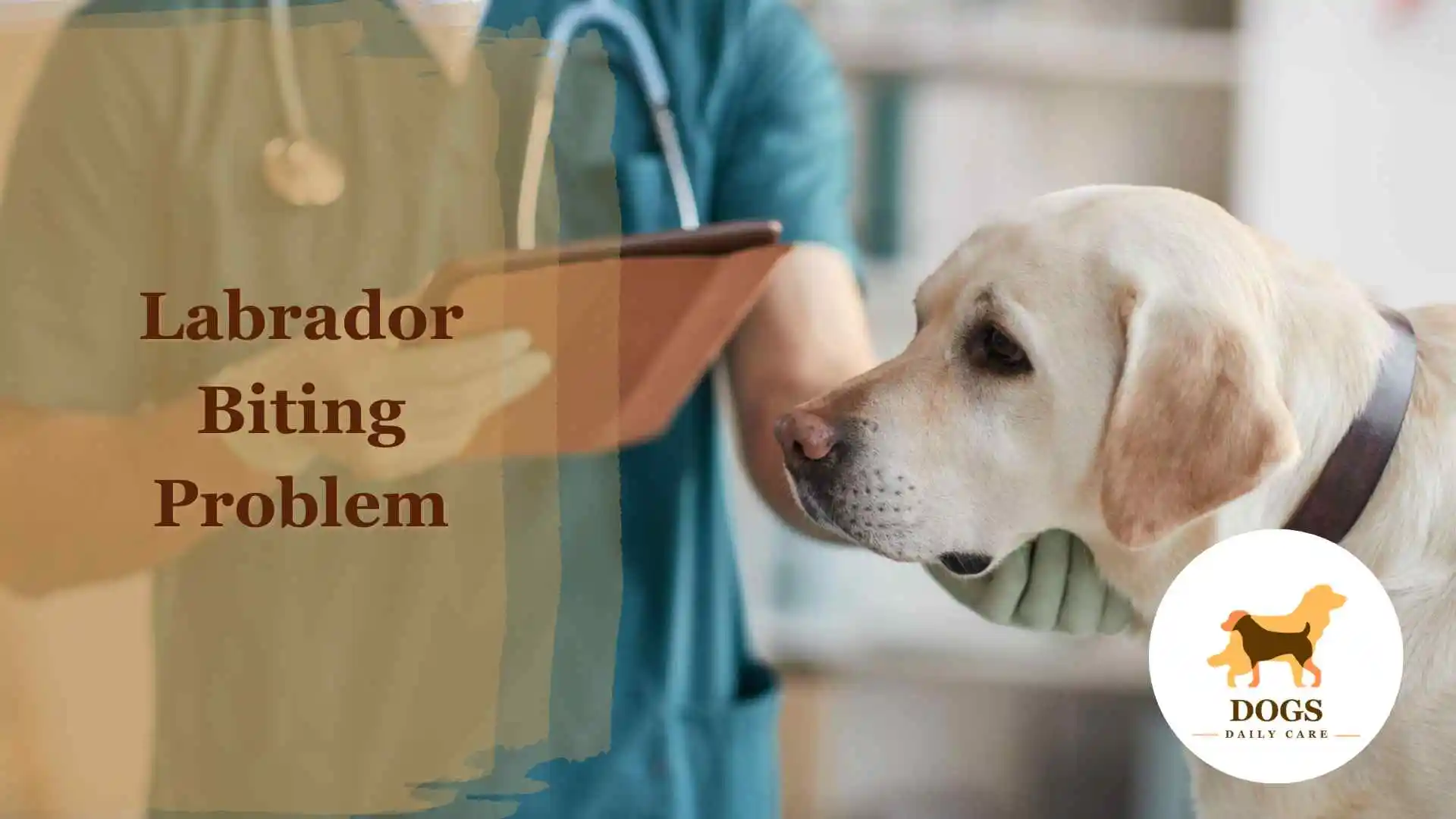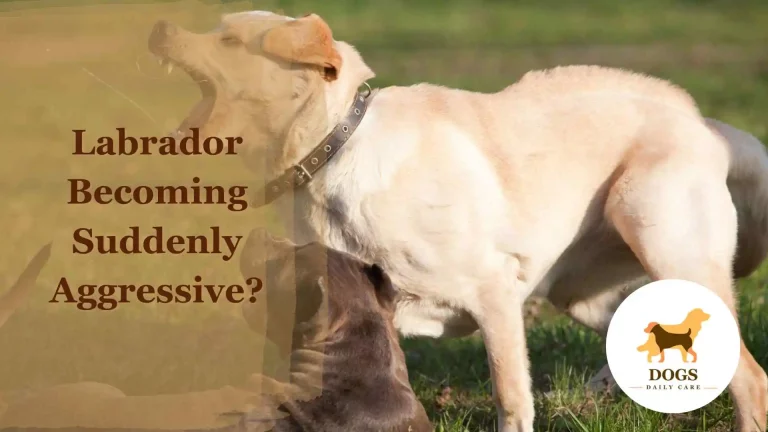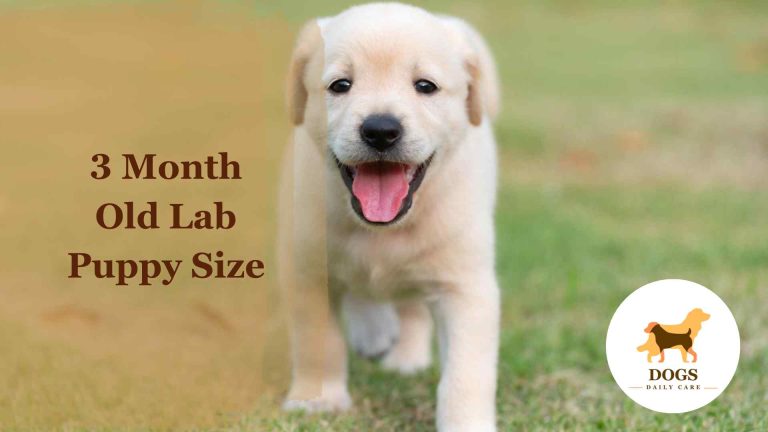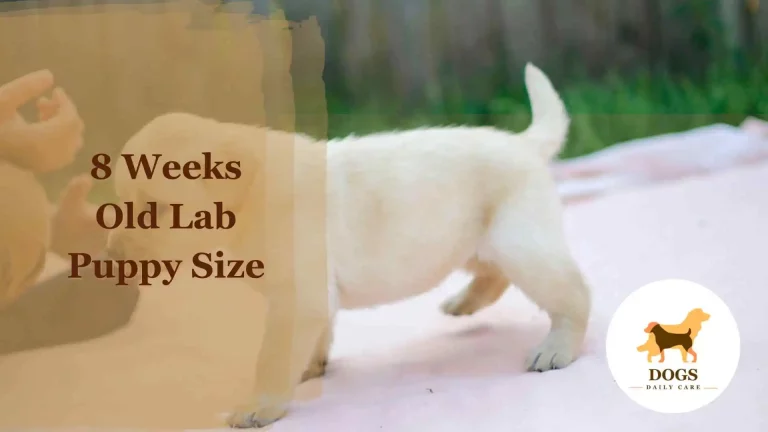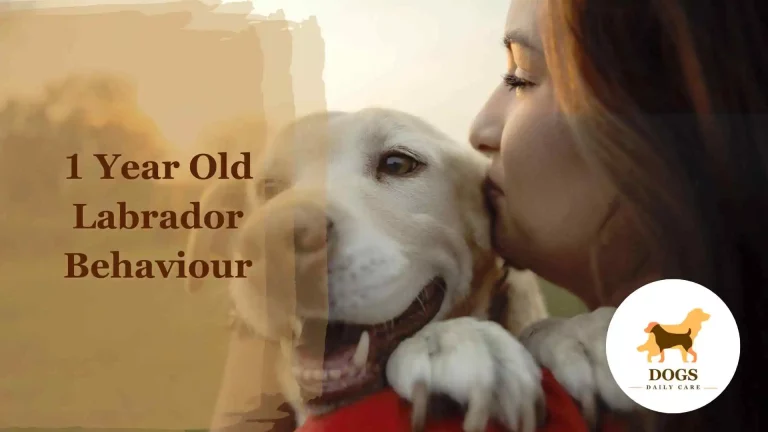Labrador Biting Problem – All You Need To Know
Labradors are renowned for their friendly nature and loyalty, making them one of the most beloved dog breeds worldwide. However, many Labrador owners encounter a common challenge: biting behavior. While this may cause concern, it’s important to understand that biting, especially in puppies, is often a part of their natural development.
Identifying and addressing the underlying reasons for this behavior is key to fostering a safe and happy environment for both you and your furry friend.
It’s reassuring to know that with the right approach, biting issues in Labradors can be effectively managed and resolved. This blog post aims to guide you through understanding why your Labrador might be biting, and provide practical strategies to curb this behavior.
Whether you’re a new pet parent or facing ongoing challenges, the insights and tips shared here will help you navigate this common hurdle with confidence.
Identifying the Signs of Problematic Biting
Recognizing when your Labrador’s biting is more than just playful nibbling is crucial. It’s normal for puppies to bite gently as they play and explore. But there are signs that biting is turning into a problem. Being aware of these signs helps in taking timely action to correct the behavior.
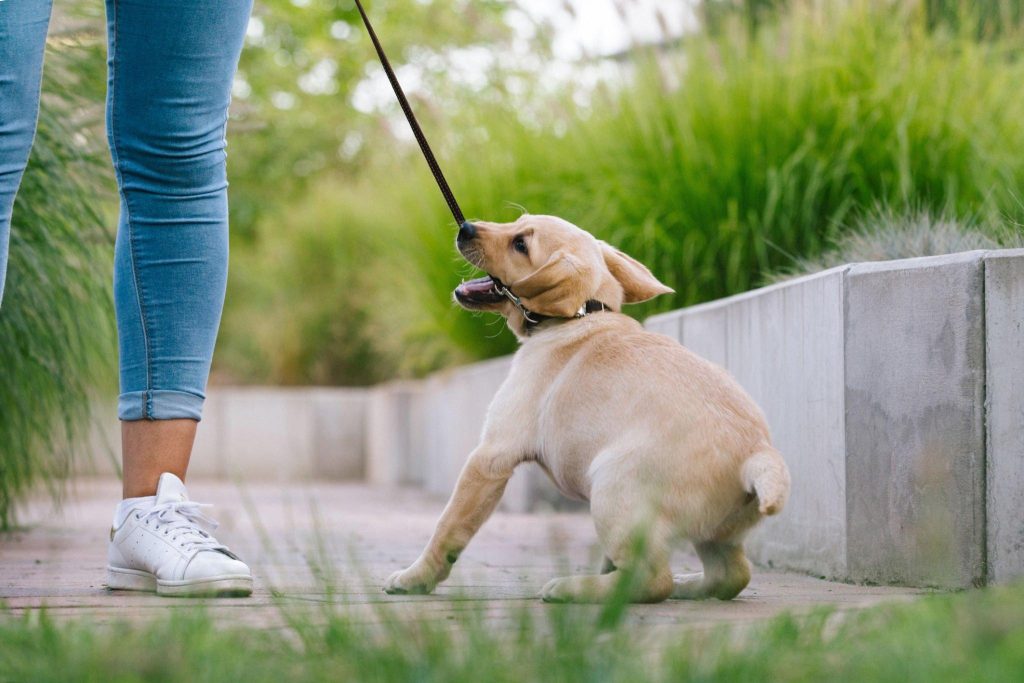
First, observe the intensity. Playful biting is usually gentle and doesn’t cause harm. If your Labrador’s bites are hard enough to cause pain or leave marks, it’s a red flag. Also, look at the frequency. Occasional nipping is normal, but if biting becomes a regular response to different situations, it’s a concern. Another sign is the context. Biting during play is one thing, but if your dog bites when scared, anxious, or during normal interactions, it needs attention.
Notice your dog’s body language too. Aggressive postures, like raised hackles, stiff tail, or bared teeth, during biting indicate it’s not just playful behavior. Lastly, if your Labrador is no longer a puppy and still bites frequently, it’s definitely time to address the issue.
Identifying these signs early can make a big difference. It allows you to take the right steps towards correcting the behavior before it becomes ingrained. Remember, timely intervention is key to ensuring your Labrador grows into a well-behaved adult dog.
Training Techniques to Stop Biting
Training your Labrador to stop biting is essential for a harmonious relationship. Thankfully, there are several effective techniques that can help. Start with these methods to teach your dog better habits.
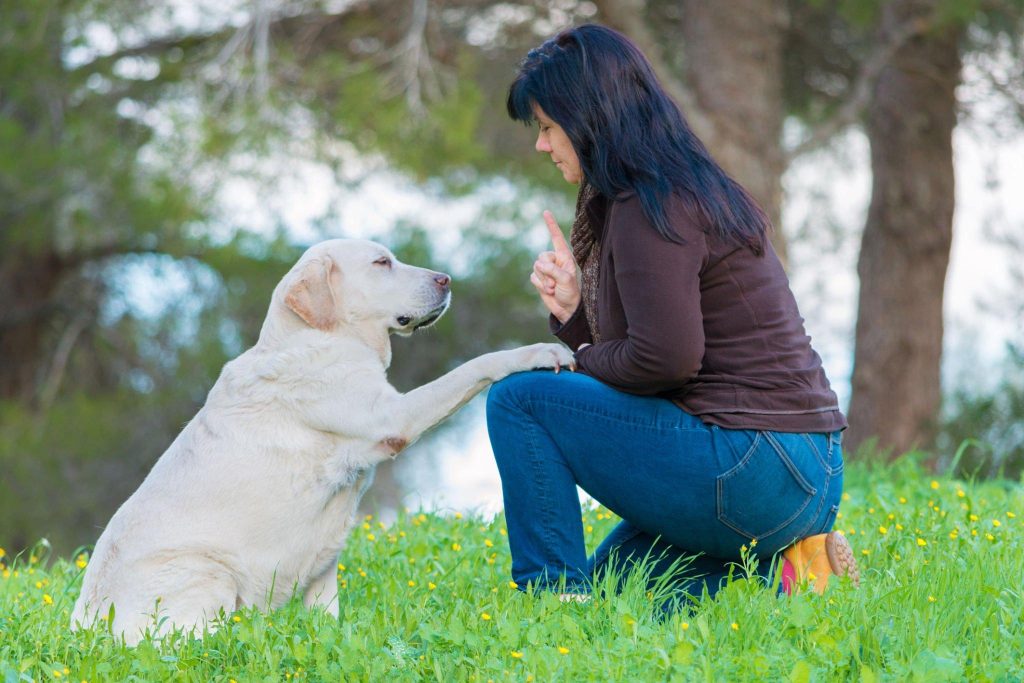
Bite Inhibition Training
This is about teaching your Labrador to control the force of their bite. Begin by playing with your dog. If they bite too hard, let out a yelp or a loud “Ouch!” and stop playing immediately. This mimics how puppies learn from their littermates and teaches your dog that biting ends the fun.
Redirection
When your Labrador starts to bite, redirect their attention to a chew toy. This teaches them what is acceptable to bite. Keep plenty of suitable chew toys handy, so there’s always a better option than your hand or furniture.
Positive Reinforcement
Reward your Labrador when they play without biting. Treats, praises, or extra playtime work well as rewards. This encourages good behavior and helps your dog understand what you expect from them.
Consistent Commands
Use consistent commands like “No bite” or “Gentle” when your dog bites. Say it firmly but calmly. With repetition, they’ll learn to associate the command with stopping the biting.
Remember, patience is key. Training takes time and consistency. Avoid physical punishment as it can lead to fear and more aggression. Stick with positive, reward-based training, and you’ll see progress in curbing your Labrador’s biting habits.
Role of Socialization
Socialization plays a big part in preventing biting behavior in Labradors. It’s about more than just meeting new people and dogs. Proper socialization teaches your Labrador how to behave and react in different situations.
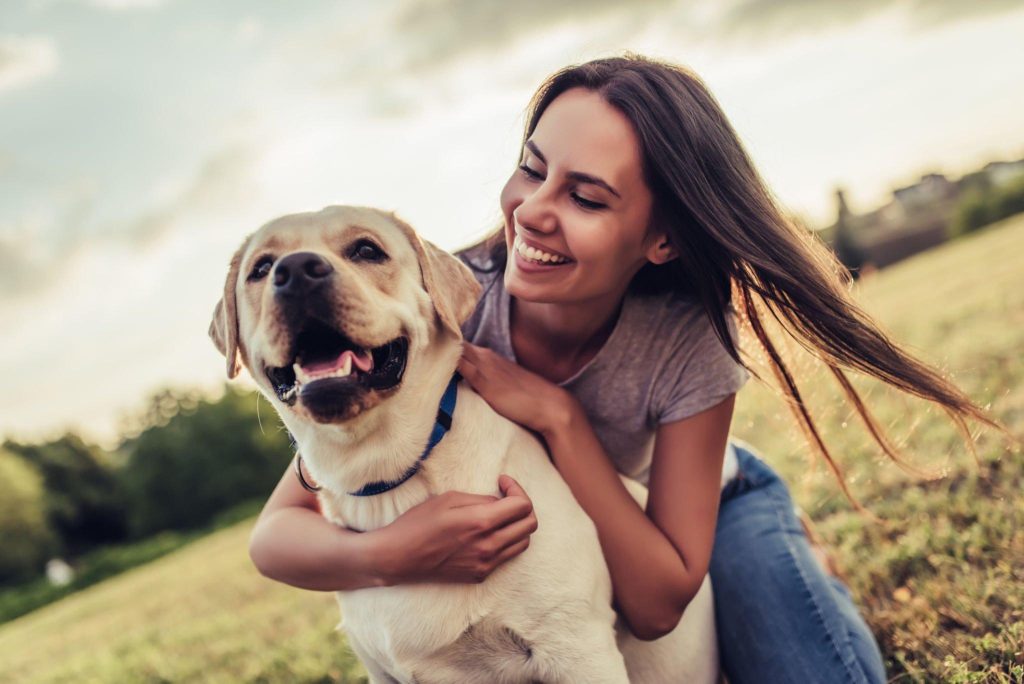
Start early. The best time for socializing your Labrador is when they’re a puppy. Introduce them to various people, dogs, environments, and sounds. This exposure helps them become more comfortable and less fearful in different settings. A relaxed dog is less likely to bite out of fear or anxiety.
Include positive experiences. Make sure each new encounter is happy and stress-free. Use treats and praises to create positive associations. This builds their confidence and trust, reducing the chances of defensive biting.
Keep it regular. Socialization isn’t a one-time event. Continue exposing your Labrador to various situations as they grow. This ongoing process helps maintain their social skills and adaptability.
Be patient and observant. Not all dogs react the same way. Watch your dog’s body language. If they seem scared or overwhelmed, give them a break and try again later. Pushing them too hard can backfire.
Remember, socialization is a crucial part of your Labrador’s training. It lays the foundation for a well-behaved, confident dog that’s less likely to resort to biting.
Preventive Measures and Ongoing Care
Preventing biting problems in Labradors starts with daily habits and ongoing care. Implementing preventive measures and providing consistent care can greatly reduce the likelihood of biting behavior.
Exercise and Activity
Labradors are energetic dogs that need regular exercise. Lack of physical activity can lead to pent-up energy, which might result in biting or other undesirable behaviors. Daily walks, playtime, and exercise are essential.
Mental Stimulation
Just like their bodies, Labradors’ minds need to be engaged. Interactive toys, training sessions, and games that challenge their brains help keep them mentally stimulated. A well-engaged dog is less likely to develop bad habits like biting.
Consistent Training
Continual reinforcement of training is crucial. Regularly practicing commands and training exercises helps reinforce good behavior. This includes reinforcing bite inhibition and obedience training.
Regular Socialization
Keep up with socializing your Labrador even after the puppy phase. Regular interaction with other dogs and people helps maintain their social skills and reduces anxiety or fear-based biting.
Health Check-ups
Sometimes, biting can be a sign of health issues. Regular check-ups with the vet ensure your Labrador is in good health. Addressing any health concerns early can prevent discomfort that might cause biting.
By integrating these practices into your daily routine, you can proactively manage your Labrador’s behavior. Consistent care and attention go a long way in preventing biting problems and ensuring a well-behaved, happy dog.
When to Seek Professional Help
Sometimes, despite your best efforts, you might need extra help with your Labrador’s biting issue. Knowing when to seek professional assistance is crucial for the well-being of both you and your dog.
Consider a professional if the biting persists or worsens. If your Labrador continues to bite aggressively despite your training efforts, it could be time to consult a dog trainer or behaviorist. This is especially important if the biting poses a safety risk to you, your family, or others.
Look for changes in behavior. If your dog suddenly starts biting when they never did before, it could signal an underlying issue like pain, fear, or anxiety. A professional can help identify these hidden problems and provide tailored solutions.
Choose the right expert. When seeking help, look for a qualified dog behaviorist or a trainer with experience in dealing with biting issues. They use proven, humane methods to address behavioral problems.
Remember, seeking professional help is not a failure. It’s about doing what’s best for your Labrador. A professional can offer insights and techniques that might be difficult to implement on your own. With their guidance, you can work towards a safer and happier environment for your dog.
Frequently Asked Questions (FAQs)
1. At what age do Labradors usually start biting?
Labrador puppies often start biting as early as 6 weeks old, primarily due to teething or as a way of exploring their environment. This is a natural phase, but early training can help manage it.
2. Can biting be a sign of aggression in Labradors?
While biting can sometimes indicate aggression, it’s more often a sign of playfulness, teething, or fear in Labradors. Observing the context and frequency of the biting can help determine its cause.
3. How long does the biting phase last in Labradors?
The biting phase in Labradors typically diminishes as they grow out of puppyhood, usually by the age of 6-7 months. Consistent training during this time can shorten this phase.
4. Is it too late to train an adult Labrador to stop biting?
No, it’s never too late. Adult Labradors can still learn to stop biting with consistent training and behavior modification techniques. Patience and consistency are key.
5. How can I tell if my Labrador’s biting is playful or problematic?
Playful biting is usually gentle and part of a game. Problematic biting is harder, more frequent, and can occur outside of play. Body language, like growling or aggressive stance, can also indicate problematic biting.
Conclusion
In wrapping up, it’s clear that while biting can be a challenging aspect of raising a Labrador, it’s a manageable one. Understanding the reasons behind biting, recognizing the signs of problematic behavior, and implementing effective training techniques are key steps in addressing this issue.
Remember, patience and consistency are your greatest tools. Whether it’s through positive reinforcement, socialization, or seeking professional help, there’s always a way to guide your Labrador towards better habits.
We hope this guide has provided valuable insights and practical solutions for Labrador owners facing biting challenges. Your journey with your Labrador is a learning experience for both of you.
With the right approach and ongoing care, you can nurture a strong, healthy bond with your furry friend, ensuring a happy and safe environment for years to come. For more tips and information on raising a happy and well-behaved Labrador, stay tuned to our blog.

